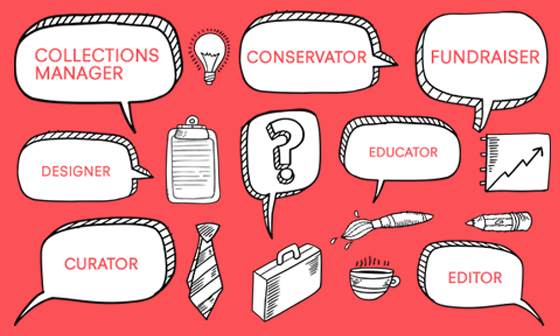For the Museum Job Hunter
Job hunting in the museum world can be tricky. Most of us are well aware that the field is competitive. Luckily we’ve spoken to a few recent graduates to get their tips and tricks for the job search. Know where to look and start looking …
